Ali Zarghami is a third-year medical student at Monash University in Melbourne, with dreams of specialising in emergency medicine.
But, he admits, he didn't always want to become a doctor.
“I wanted to become a fireman, like my grandfather, to be that guy who would run into burning buildings and save people,” he told SBS News.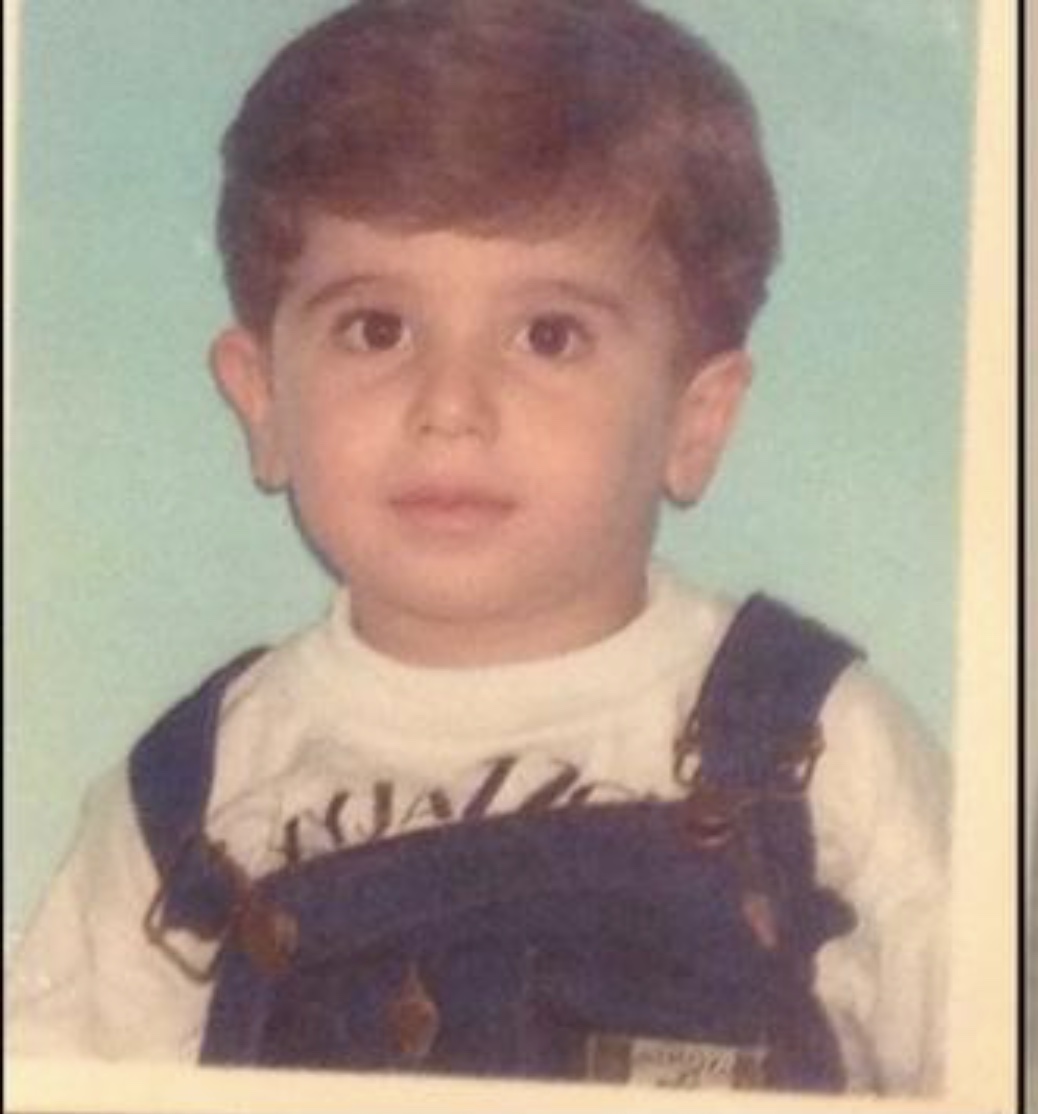 Mr Zarghami was born in Iran, and at the age of three, he and his parents came to Australia seeking asylum.
Mr Zarghami was born in Iran, and at the age of three, he and his parents came to Australia seeking asylum.

Ali Zarghami as a three-year-old arriving in Australia from Iran Source: Supplied
Shortly after, his mother was diagnosed with a rare heart condition that required long stints in hospital.
He says it was his experiences with Australian doctors and nurses that made him want to join their profession.
“Growing up, I spent a lot of time in the hospital environment. We didn’t have any family here in Australia and the doctors and nurses were a bit like a second family to us in the way they cared for us.”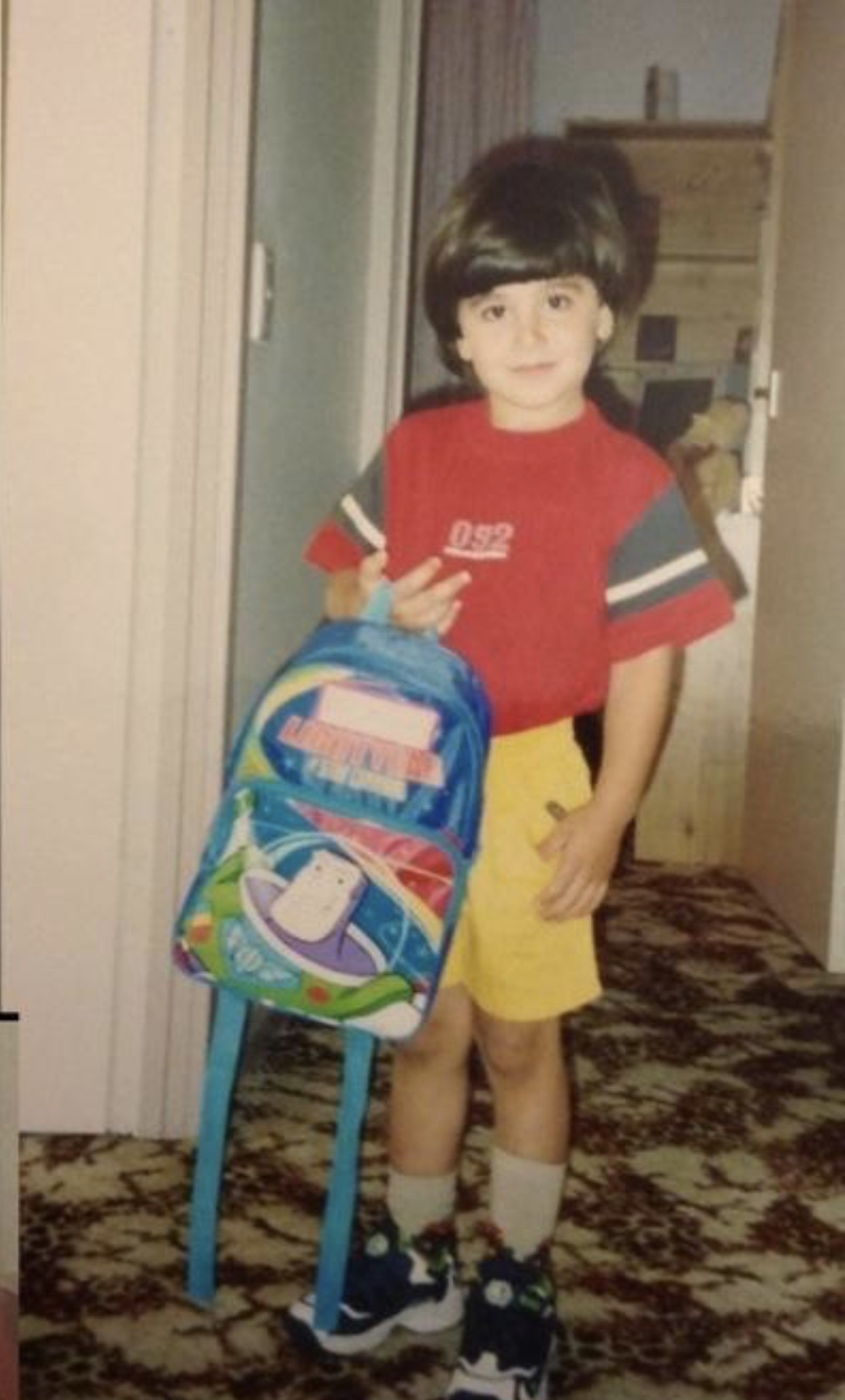 In high school, Mr Zarghami participated in Monash University’s Hands on Health program, giving him experience in delivering medication, giving needles to mannequins and setting prosthetic broken bones.
In high school, Mr Zarghami participated in Monash University’s Hands on Health program, giving him experience in delivering medication, giving needles to mannequins and setting prosthetic broken bones.

Ali Zarghami on his first day of primary school in Australia Source: Supplied
He says from that moment on, he was hooked.
“For a lot of people, work experience makes them realise that this is not the career for them. But for me, it really reinforced the idea that this was something I could see myself doing in the future.”
The Hands on Health program is designed to introduce students from refugee, asylum seeker, Indigenous and lower socio-economic backgrounds to a career in health.
Successful applicants are invited to spend two days at the university to get a taste of life as a medical student.
But when COVID-19 threatened to shut down the scheme in its ninth year of operation, Monash launched a virtual equivalent, finding major benefits in who they could reach.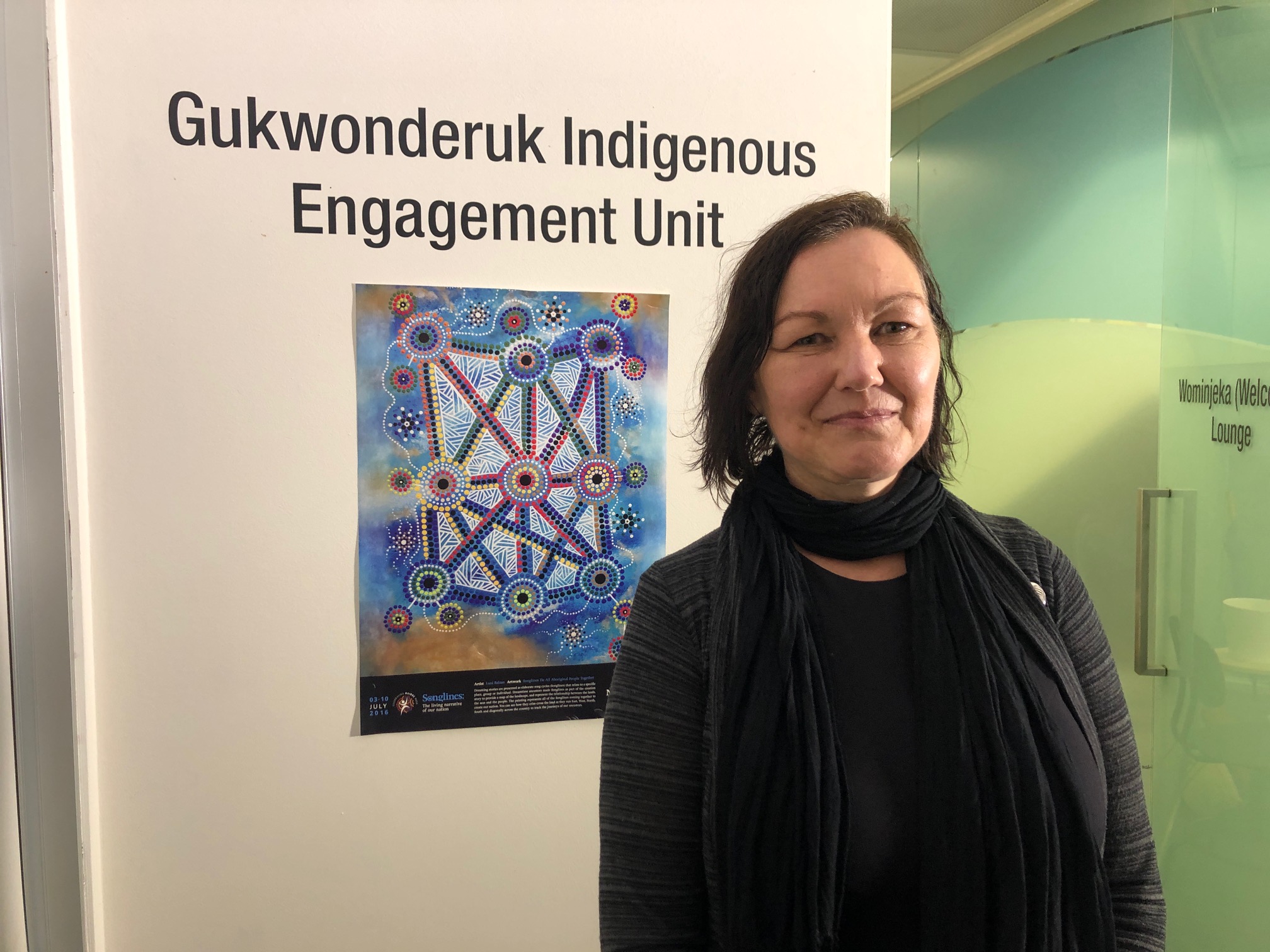 Karen Adams of the Gukwonderuk Indigenous Health Unit runs the program and says physical distance is no longer a barrier for students who want to try it out.
Karen Adams of the Gukwonderuk Indigenous Health Unit runs the program and says physical distance is no longer a barrier for students who want to try it out.

Karen Adams of Monash's Gukwonderuk Indigenous Health Unit Source: SBS/Abby Dinham
“We knew when we were putting it online there was potential for kids from interstate and from rural and remote areas to engage with the program," Professor Adams said.
Phoebe Nelson, a Year 10 student at a school in Melbourne’s east, took the program online this month.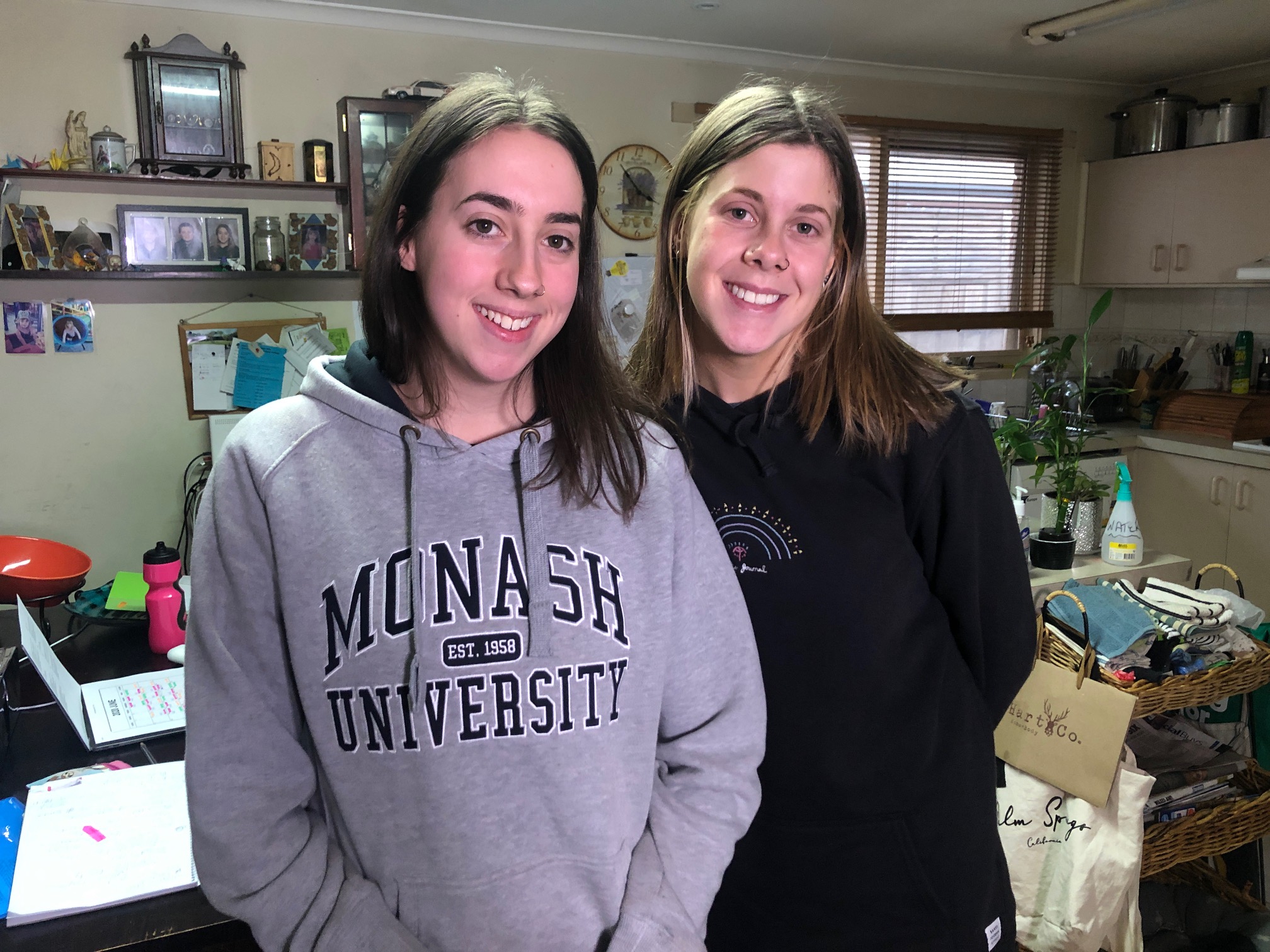 She says it boosted her self-esteem and has given her confidence that she’s on the right path to achieving a career in health.
She says it boosted her self-esteem and has given her confidence that she’s on the right path to achieving a career in health.

Ruby and Phoebe Nelson Source: SBS/Abby Dinham
“I want to definitely do something in paediatrics, or in emergency, like maybe an emergency nurse, or maybe even a paramedic,” she said.
Pheobe's older sister Ruby, now a first-year nursing student, also completed the Hand on Health program in Year 10.
She says having a little sister also studying in the health sector will be a major benefit.
“It means I can practice on her and she can practice on me, and we can share ideas and help me revise,” Ruby said.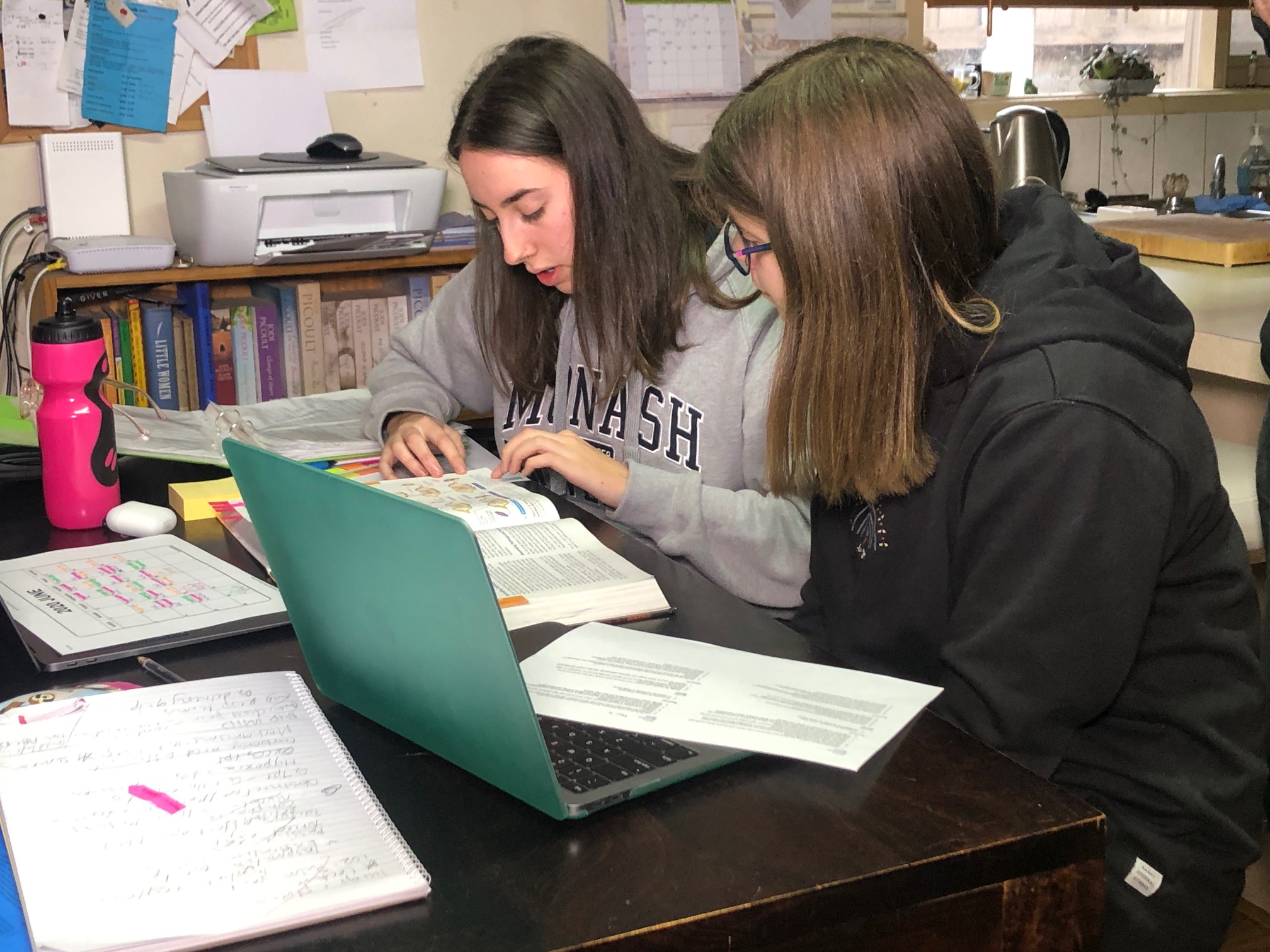 While not every Hands on Health student will end up in a career in the medical field, Professor Adams says it's hoped the program will at least spark interest in higher education.
While not every Hands on Health student will end up in a career in the medical field, Professor Adams says it's hoped the program will at least spark interest in higher education.

Ruby and Phoebe Nelson study together at home Source: SBS/Abby Dinham
“We know that those with lower socio-economic backgrounds, Indigenous students and students from asylum seeker and refugee backgrounds are less likely to go to university, so it’s just about trying to level the playing field for everybody.”
It’s done just that for 250 students so far.
Though it’s a while yet until Mr Zarghami can begin his career in the emergency department, he says he’s got the motivation to get there.
“When you think about the sacrifices your parents make you don’t want to waste that opportunity - you want to do the best thing you can do. Medicine seemed like a pretty good option in that sense.”

